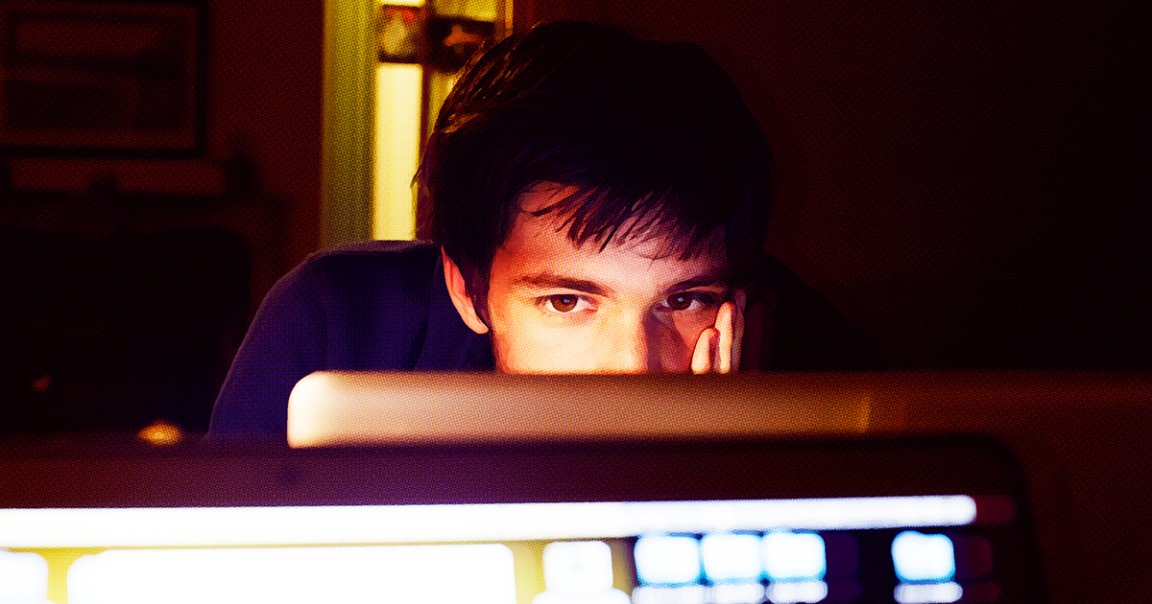
It’s a common refrain these days that some specific invention was a mistake, in our age of seemingly every human innovation blowing up catastrophically in our faces.
And what better subject of our collective remorse than the advent of the entire internet, the glorious information superhighway now turned AI slop trough?
According to a new survey conducted in the UK, this appears to be the sentiment held by nearly half of young people — at least across the pond — who are mourning missing out on the diverging timeline where they aren’t chronically online and wracked with brain rot.
Of the nearly 1,300 total participants between the ages of 16 to 21 years old, 68 percent said they feel worse after spending time on social media. A full 50 percent said they would support a “social media curfew” cutting off how long they could spend on these apps. And astonishingly, another 47 percent outright felt that they would prefer to be living their youth in a world without the internet at all.
The survey, conducted by the British Standards Institution, raises tough questions about how the internet affects teenage and young adult mental health, and what should be done to intervene — without being too controlling or draconian.
“That nearly half of young people would prefer to grow up without the internet should be a wake-up call for all of us,” Daisy Greenwell, co-founder of Smart Phone Free Childhood, said in a statement. “We’ve built a world where it’s normal for children to spend hours each day in digital spaces designed to keep them hooked.”
The problems may start practically when the young generations are just out of the womb. Studies have shown excessive iPad use in young children, for example, to be linked with emotional and social issues as they get older.
Their online experience becomes especially fraught when they’re teenagers, a point when they’re exploring more of the web and begin to venture into adult spaces. This comes with excitement for youngsters, but plenty of danger, too, from being targeted by predators in video games to algorithms that draw them down an extremist pipeline.
The rise of AI has added a whole new dimension of ethical nightmares. On Futurism, we extensively covered the chatbot platform Character.AI, whose putatively kid-friendly chatbots have attempted to groom underaged users. One 14 year-old-boy even developed an unhealthy with a Character.AI chatbot before dying by suicide, resulting in an ongoing lawsuit against the company.
According to the recent survey, two-thirds of the participants said they spend more than two hours on social media every day. Among them, young women reported facing more harassment, at 37 percent, than young men, at 28 percent. Merely using social media may itself be a source of misery: a recent study which followed 12,000 preteens as they grew up to become teenagers over the course of three years, found that as their social media usage went up, so did their depression symptoms.
“Young people are now asking for boundaries — for curfews, age checks, meaningful limits, and real protection,” argued Greenwell. “They are ready for change.”
But it won’t be that simple. “We need to make clear that a digital curfew alone is not going to protect children from the risks they face online,” Rani Govender, policy manager for child safety online at the National Society for the Prevention of Cruelty to Children, told The Guardian. “They will be able to see all these risks at other points of the day and they will still have the same impact.”
More on: US Surgeon General Warns Against 13-Year-Old Using Social Media